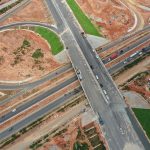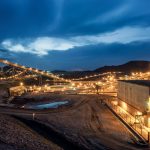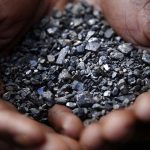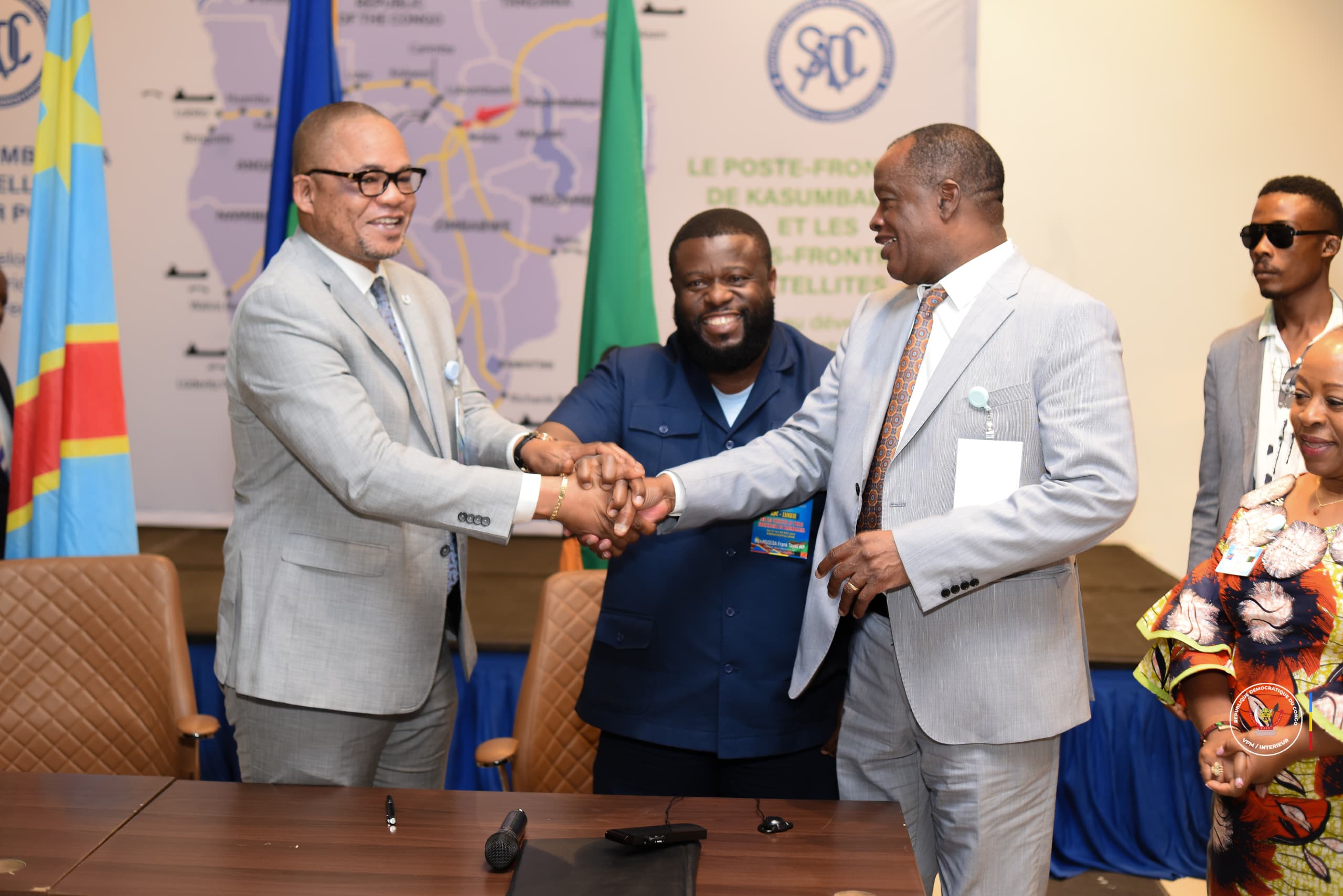The US International Development Finance Corporation (DFC) allegedly dismissed an internal analyst in August last year for raising concerns about a $100 million project to build and operate a toll road and bridge in the Democratic Republic of the Congo (DRC) and Zambia. The project was expected to have adverse effects on local communities.
According to the Project on Government Oversight (POGO), a Washington DC-based investigative firm, the analyst warned that the project could displace nearly 10,000 people in DRC villages, which would violate DFC’s policy against funding projects that displace 5,000 or more people. The analyst was reportedly fired after refusing to approve the project, POGO stated. POGO is a non-profit organization that investigates and exposes waste, fraud, abuse, and conflicts of interest in the US federal government.
The proposed project aimed to connect cobalt mines in the Congo to the port of Dar es Salaam in Tanzania. Cobalt is crucial for manufacturing rechargeable lithium-ion batteries used in smartphones, laptops, and other technologies. Despite DFC’s non-involvement, the $850 million Kasomeno–Mwenda toll road project, spanning 184 kilometers, continues to progress.
In December, Congress addressed concerns about retaliation against whistleblowers and union organizing within the DFC. A letter to Scott Nathan, DFC’s Chief Executive, emphasized the need to respect employees’ rights to organize and report issues without fear of reprisal, reflecting the Biden Administration’s pro-labor stance.
Emmanuel Umpula, executive director of African Resources Watch in Congo, expressed disbelief over the dismissal, emphasizing the necessity for development that minimizes negative impacts on local communities and the environment. While acknowledging the need for infrastructure and investment in the DRC, where most people live on less than $2.15 a day despite the country’s mineral wealth, Umpula called for responsible development practices.
DFC, which partners with the private sector to finance critical development projects, claims to uphold high standards for environmental and human rights. A DFC official, while declining to discuss personnel matters, assured that the agency has strong measures against retaliation and conducts thorough risk assessments for its investments.
Tensions within DFC, driven by a rush to finalize international deals, risk undermining protections for the communities the agency aims to support. The US sees DFC as a key tool to counter China’s influence in Africa and secure access to electric vehicle supply chains.














